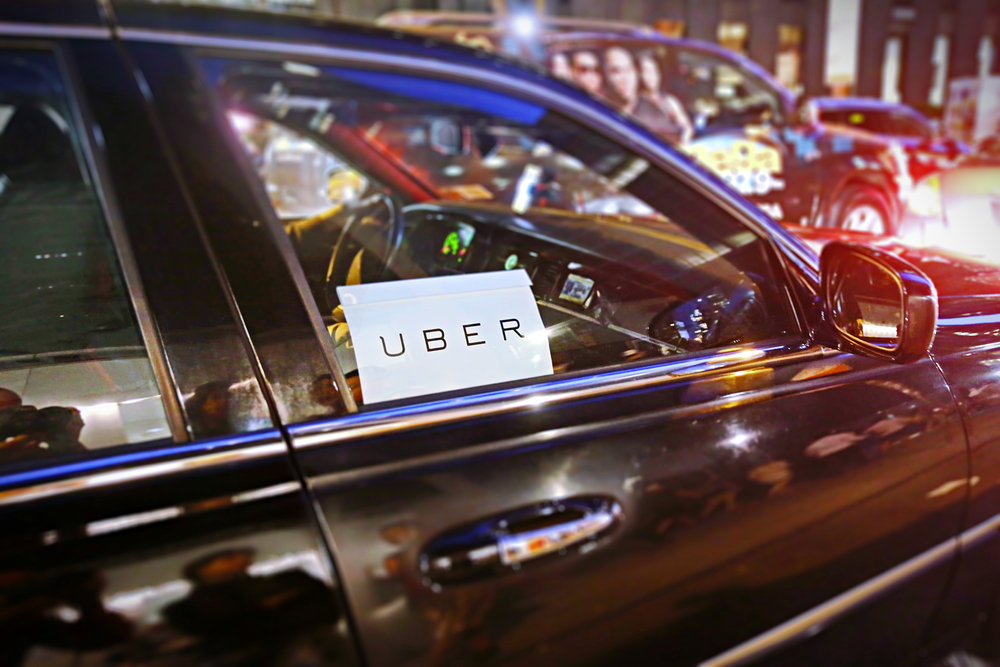They say Generation Z is a generation of anxiety. Prima facie, I say they should get a grip. They are self-indulgent, self-absorbed and spoiled — just like every other generation.
Yet, they reflect a much broader societal anxiety. It isn’t confined to those on the threshold of their lives. I would highlight five causes of this anxiety:
—The presidential election.
—Climate change.
—Fear of wider war in Europe and the Middle East.
—The effect of AI on everything, from job losses to knowing real from fake.
—The worsening housing shortage.
The election weighs on all these issues. There is a feeling that the nation is headed for a train wreck, no matter who wins.
President Biden and former president Donald Trump are known quantities. And there’s the rub. Biden is an old man who has failed to convey strength either against Israeli Prime Minister Benjamin Netanyahu or the pro-Russia movement in Congress.
Biden has led on climate change but failed to tell the story. He has been unable to use the bully pulpit of his presidency and layout, with clear and convincing rhetoric, where the nation should be headed and how he will lead it there.
And if his health should further deteriorate, there is the prospect of Vice President Kamala Harris taking over. She has distinguished herself by walking away from every assignment Biden has given her, in a cloud of giggles. She has no base, just Biden’s support.
Trump inspires that part of the electorate that makes up his base, primarily working people who have a sense of loss and disgruntlement. They really believe Trump, the most unlikely man ever to climb the ramparts of American politics, will miraculously mend their world.
More reprehensible are those members of the Republican Party who are scared of Trump, who have hitched their wagon to his star because they fear him and love holding on to power at any price.
You will know them by their refusal to acknowledge the last election was honest and or to commit to accepting the result of the next election. In doing this, they are supporting a silent platform of insurrection.
The heat of summer has arrived early, and it is not the summer of our memories, of gentle winds, warm sun and wondrous beaches.
The sunshine of summer has turned into an ugly, frightening harbinger of a future climate that won’t support the life we have known. Before May was over, heat and related tornados took lives and spread destruction across Texas and elsewhere.
I wonder about children who have to stay indoors all summer in parts of Texas, the South and West, where you can get burned by touching an automobile and where sports must be played at dawn or after dusk. That should make us all anxious about climate change and the strength and security of the electric grid as we depend more and more on 24/7 air conditioning.
The wars in Europe and the Middle East are troubling in new ways, ways beyond the carnage, the incalculable suffering, and the buildings and homes fallen to bombs and shells.
Our belief that peace had come to Europe for all time has fallen. Surely, as the Russians marched into Ukraine, they will march on unless they are stopped. Who will stop them? Isolation has a U.S. constituency it hasn’t had for 90 years.
In the Middle East, a war goes on, suffering is industrial and relentless in its awful volume, and the dangers of a broader conflict have grown exponentially. Will there ever be a durable peace?
Artificial intelligence is undermining our ability to contemplate the future. It is so vast in its possibilities, so unknown even to its aficionados, and such a threat to jobs and veracity that it is like a frontier of old where people feared there were demons living. Employment will change, and the battle for the truth against the fake will be epic.
Finally, there is housing: the quiet crisis that saps expectations. There aren’t enough houses.
A nation that can’t house itself isn’t fulfilled. However, the political class is so busy with its own housekeeping that it has lost sight of the need for housing solutions.
There are economic consequences that will be felt in time, the largest of which might be a loss of labor mobility — always one of the great U.S. strengths. We followed the jobs. Now we stay put, worried about shelter should we move.
This is, ultimately, the decade of anxiety, mainly because it is a decade in which we feel we are losing what we had. Time for us to get a grip.





